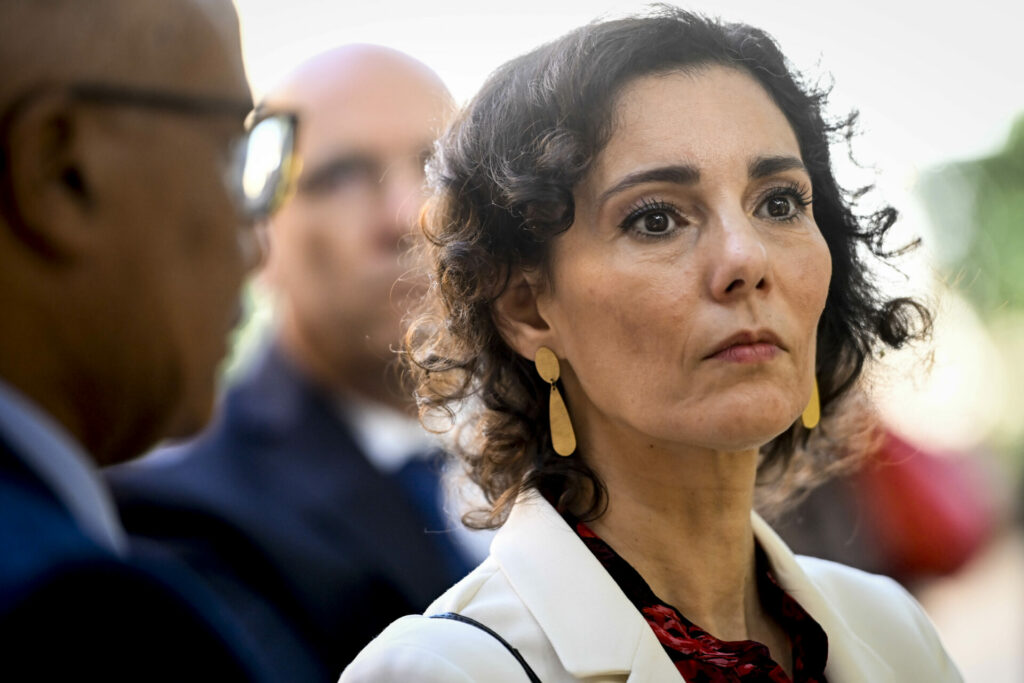The Belgian Foreign Minister, Hadja Lahbib, has declared that she is opposed to any boycott of the upcoming football World Cup in Qatar.
"We remain firm on respect for human rights and working conditions, but we must also support Qatar's efforts to improve these working conditions," Lahbib told L'Echo.
"I am therefore opposed to a boycott of the World Cup which would be totally ineffective and purely ideological, especially since it would isolate us on the international stage. Most European countries have already indicated that they will send a ministerial delegation to Doha."
Many Western countries have come under increasing pressure in recent months to refrain from some sending any official representation to the tournament — or even to forgo participating entirely — in protest against Qatar's abysmal human rights record.
Related News
- Belgium to send smaller delegation to Qatar World Cup in human rights protest
- World Cup 2022: Qatar obliges citizens to provide security
So far, Western protest has been predominantly symbolic. Many Western captains recently opted to wear 'rainbow' armbands at the tournament in protest against the Gulf peninsula's harsh discrimination against members of the LGBT community (homosexuality remains illegal in Qatar), while Denmark has chosen to wear 'toned down' football shirts in commemoration of the thousands of migrant workers who died building the tournament's infrastructure.
Many European countries have been placed in an especially awkward situation over the past few months as they have become increasingly reliant on Qatar as an alternative to Russian energy.
Earlier this year, Qatar became the world's largest exporter of liquefied natural gas (LNG). In September, Qatar Petroleum and Fluxys, a Belgian natural gas transmission operator, signed a long-term services agreement for use of the Zeebrugge LNG terminal up to 2044.

